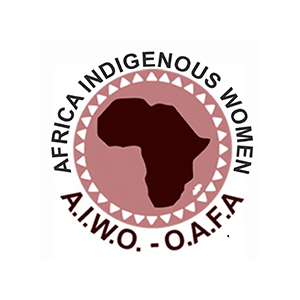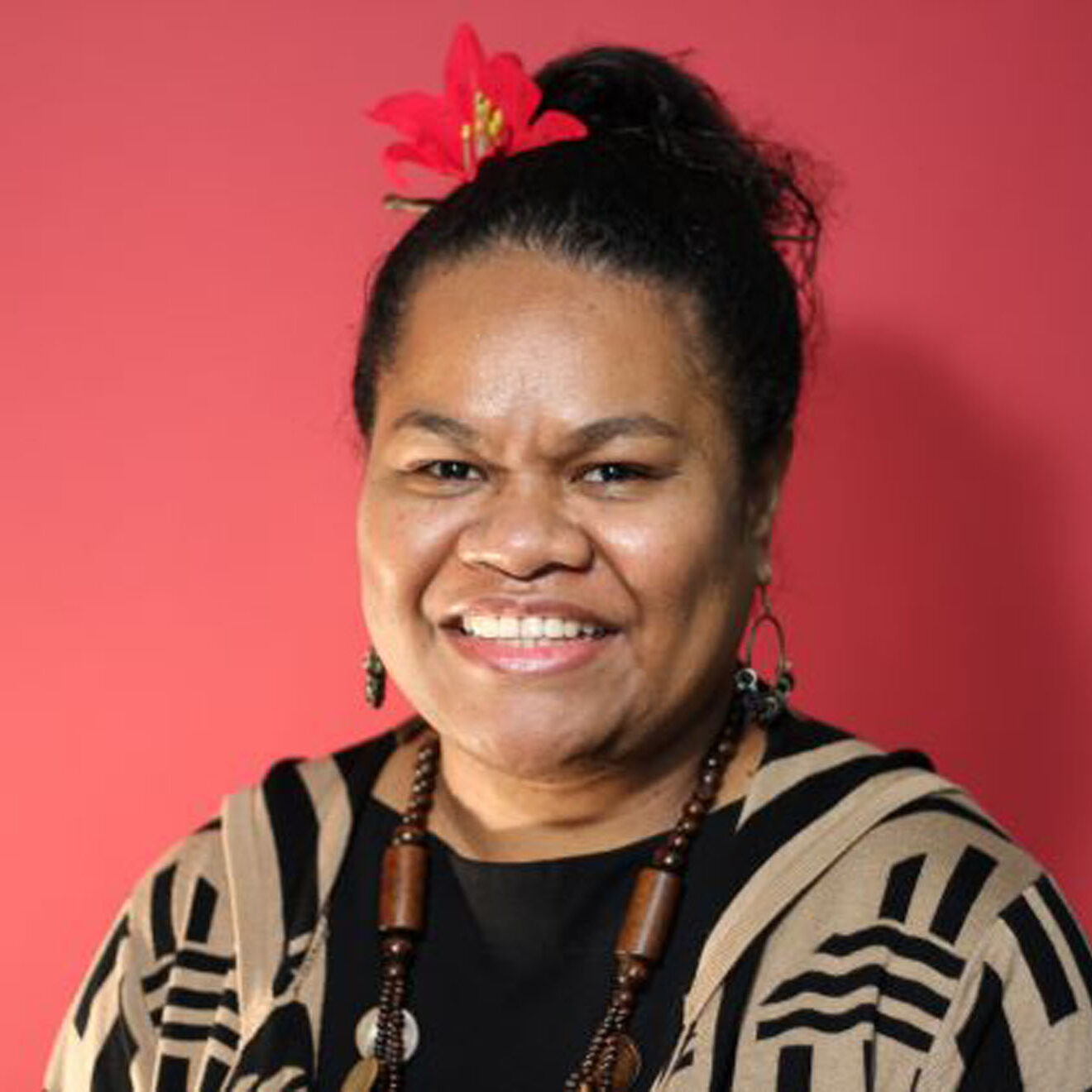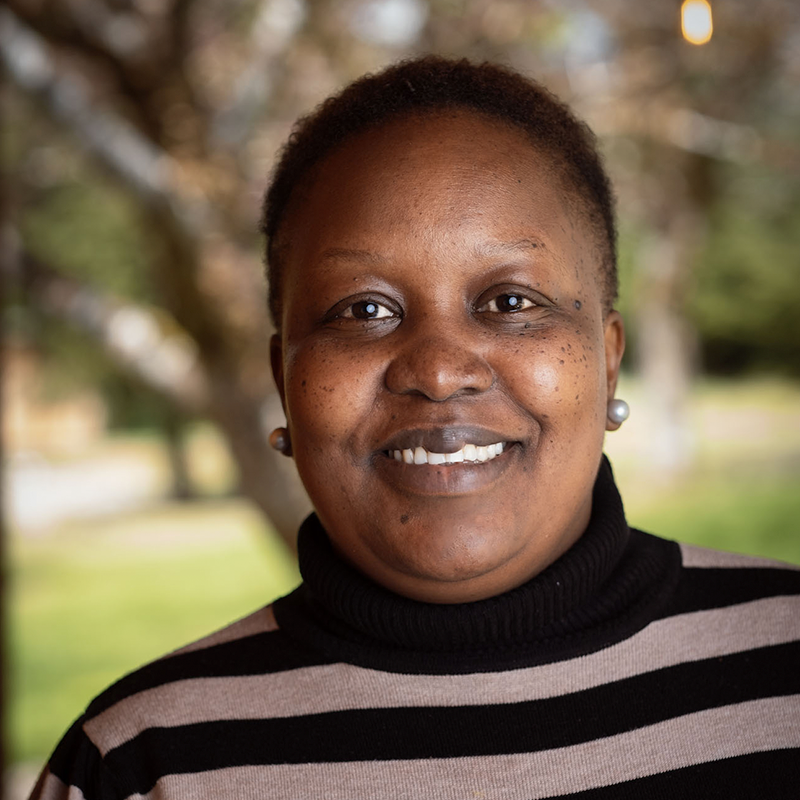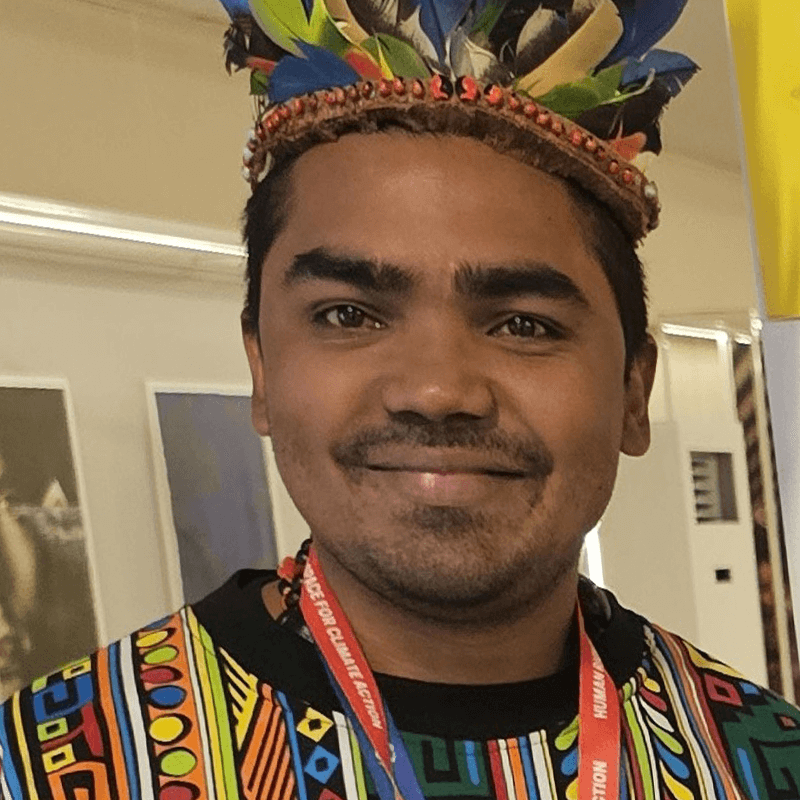IFIP GLOBAL CONFERENCE 2025

PRE-CONFERENCE
February 17-18th
CONFERENCE
February 18- 20
POST- CONFERENCE COMMUNITY FIELD VISIT
February 21
February 2025 Conference dates





Conference Overview
The International Funders for Indigenous Peoples (IFIP) is preparing to host its Global Conference in Kenya in February 2025. This Conference holds significant importance as IFIP sets foot for the first time in the African region, specifically in Kenya. Africa presents distinctive challenges for Indigenous Peoples, spanning land rights issues, cultural preservation, and access to resources. Hosting the conference in Kenya offers an invaluable opportunity to amplify the voices and priorities of Indigenous Peoples in Africa, who often find themselves marginalized or sidelined in global discussions. By bringing IFIP to Africa, it ensures that African Indigenous Peoples have a platform to voice their perspectives on crucial issues such as land rights, climate justice, and cultural preservation.
The Conference stands as a pivotal moment, fostering collaboration and partnership-building among IFIP members, larger philanthropic partners, Indigenous-led funds, Indigenous. This upcoming Conference builds on the successes and insights gained from previous conferences, as well as the recommendations from the Africa Dialogue in 2023. The goal is to deepen discussions and collaborations around critical issues facing Indigenous Peoples globally and facilitate meaningful dialogue and collaboration between funders, Indigenous Peoples. With a focus on promoting Indigenous self-determination, the conference will provide a platform for dialogue, knowledge-sharing, and partnership-building among Indigenous communities, funders, and stakeholders. This will include reflecting on donor practices and strategies that need to change to better align with Indigenous values and the 5Rs- Respect, Reciprocity, Responsibility, and Relationship and Redistribution- of Indigenous Philanthropy. In promoting the 5Rs of Indigenous Philanthropy, IFIP works towards decolonizing philanthropy and prioritizing Indigenous representation in decision-making spaces. It also emphasizes Indigenous self-determination and intergenerational and intersectional leadership at all levels.
OBJECTIVES
- Amplify the voices and perspectives of Indigenous Peoples in global forums, ensuring their right to self-determination are recognized and respected.
- Promote meaningful dialogue and collaboration between Indigenous organizations and the global philanthropic community to strengthen partnerships.
- Encourage knowledge exchange, capacity-building, and networking between funders and Indigenous leaders to foster long-term collaboration.
OUTCOMES
- Increased representation and influence of Indigenous Peoples in global forums, leading to the explicit recognition and respect of their right to self-determination.
- Strengthened strategic partnerships and amplified investment in Indigenous-led initiatives
- Concrete commitments and actionable measures aimed at advancing Indigenous rights, safeguarding cultural heritage, and dismantling structural barriers to Indigenous autonomy and self-governance.
METHODOLOGY
The conference will incorporate a dynamic blend of plenary sessions, panel discussions, workshops, and interactive activities designed to foster meaningful dialogue and collaboration. A key focus will be on showcasing philanthropic practices that prioritize the 5Rs of Indigenous Philanthropy, while sharing insights gained from working with Indigenous Peoples as strategic partners.
The conference experience will include site visits to local Indigenous communities, offering delegates a deeper understanding of the communities' priorities, actions, and lived realities.
These visits will allow participants to engage directly with Indigenous community members and gain invaluable knowledge from local experiences.
Pre-conference events on 17 and 18 February will consist of two parallel gatherings: 4th Gathering of Indigenous-Led Funds (The Global Alliance of Indigenous-Led Funds) ; and a half-day Indigenous Philanthropy Institute. On February 18, IFIP will host a Gala Dinner celebrating IFIP’s 25th Anniversary. Throughout the conference, an Indigenous marketplace will feature products crafted by Indigenous artisans from around the world, providing an opportunity to celebrate and support their creativity.
The methodology, theme, and tracks of the conference are being guided by the Conference Planning Committee, composed of IFIP members. This collaborative effort is ensuring the thoughtful design and execution of the event. Conference sessions will be co-led by IFIP members in partnership with their collaborators, the IFIP team, and Board, with support from Indigenous organizations and youth members from host country.
Redistributing Resources: Direct Funding to Indigenous Peoples
Track One
Promoting Indigenous Sovereignty and self-governance in Defending Indigenous Rights to Lands, Oceans and Climate Justice
Track Two
Philanthropy in fostering and strengthening Intersectional Indigenous Leadership
Track Three
Sponsors and Partners





Our Community



